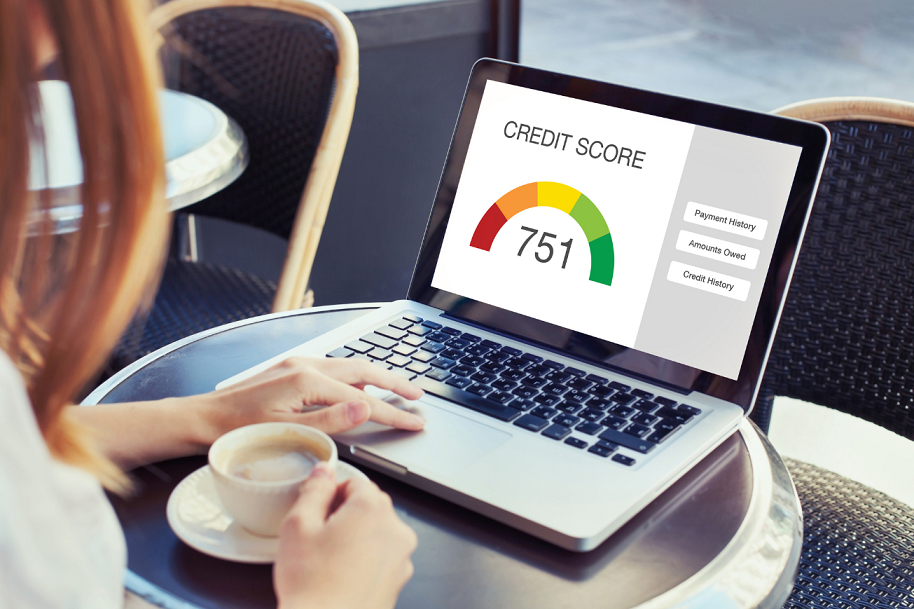6 Tips to Improve Your Credit Score

Your credit score is an important factor in determining your financial health. Having a good credit score is essential for anyone who wants to take out a loan or make a large purchase. A good credit score also makes you eligible for preferred interest rates, which can save you money in the long run. Fortunately, there are some simple steps you can take to improve your credit score and get on the path to financial success. In this article, we will discuss tips to help you quickly and effectively improve your credit score.
How is Your Credit Score Calculated?
Your credit score is checked by creditors, lenders, employers, and potential landlords, among others, to make decisions on how risky it would be to do business with you. They want to know whether or not you would repay a loan, if you would make minimum payments on a new credit card, if you would make rent payments on time, etc.—your credit score predicts the likelihood of you paying your bills as required.
There are several different factors used to calculate your credit score. Some of these factors are as follows:
- Your payment history
- Your used credit vs. your available credit
- The length of your credit history
- The number of and types of accounts you have
- The number of times your credit history has been checked
How Can You Improve Your Credit Score?
Tip #1: Know What Affects Your Credit Score
It’s important to know what affects your credit score to help you avoid doing things that lower your score (e.g. not paying your bills on time), and find out how to increase your score (e.g. having a longer credit history per card).
Tip #2: Always Pay Your Bills on Time
One of the best ways you can improve your credit score is by paying your bills on time. Your payment history has a significant impact on your credit score, so it’s vital to avoid late payments. If bill payments are something you struggle with, it may be a good idea to look into automatic payments where possible.
Tip #3: Pay Off Your Debt
Another important factor in improving your credit score is to pay off your debt. Having debt not only costs you more money with interest rates, but it lowers your credit score as it signifies that you are a higher-risk person.
Tip #4: Keep a Low Credit Utilization Rate
Having a low credit utilization rate means you use a low percentage of your available credit limit in a given period. It is often recommended that you use less than 30% of your credit limit at any given time. If you would like to increase the amount you can spend to stay within the utilization amount, ask your bank to increase your credit amount.
Tip #5: Use Different Types of Credit
Having different types of credit, such as a car loan, a line of credit, or a credit card can help increase your credit score, as it provides more insight into how you pay off your loans/debts.
Tip #6: Keep Old Accounts Open
Opening a new credit account can lower your score. The longer you keep a credit account open and in use, the better it is for your score. This is because without a long history of data, it is difficult to gauge how you handle your debts, and you can be seen as a higher risk.
This content is provided for general informational purposes only and does not constitute financial, investment, tax, legal, or accounting advice nor does it constitute an offer or solicitation to buy or sell any securities referred to. Individual circumstances and current events are critical to sound investment planning; anyone wishing to act on this content should consult with his or her financial partner or advisor.